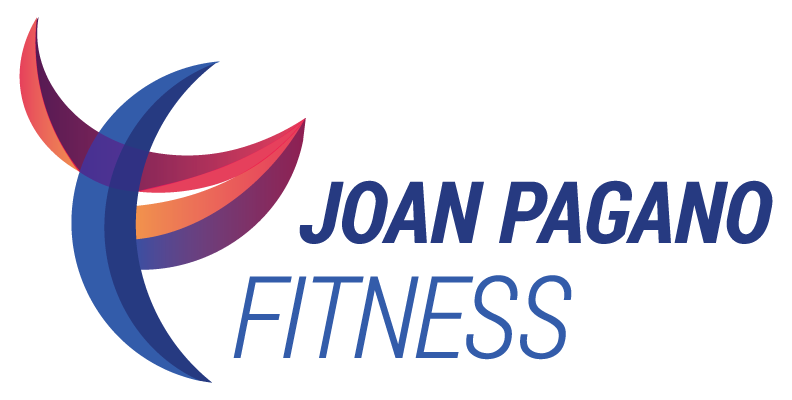The 5 Fears of Aging
Beginning around age 40 many women notice changes in their bodies that sound an alarm. You may be perplexed by creeping weight gain and stubborn belly fat.
Perhaps you feel stiffer in the mornings and are becoming accustomed to living with little aches and pains in your joints. You may start looking for the elevator instead of taking the stairs.
Behind the scenes, all the systems of the body are indeed undergoing a subtle shift. As you approach perimenopause, hormonal changes cause the metabolism to slow down. There is a steady decline in bone and muscle mass. You are at increased risk of heart attack and stroke. You may even experience a slight decrease in balance and cognitive function.
Here are several common fears of aging and how you can modify their effects.
1. It's a Losing Battle of Weight Gain and Belly Fat
"I've gotten really frustrated by the changes in my body. I used to be able to get by with a regular exercise routine and watching my diet, but recently have gained weight and my body fat is redistributing – it's all going right to my belly."
Midlife belly is caused by a combination of factors. Age is one part of the equation; hormones and stress also contribute. Abdominal fat is not only damaging to your silhouette, but can also damage your health profile. Research shows that exercise reduces the size of fat cells in the belly more effectively than dieting alone.
2. I'm Not Getting Any Younger
"I don't like feeling old, but I've become aware that I'm slowing down and losing my edge. I just don't have the energy to do all the things I used to and feel like old age is creeping up on me."
Experts in the field of aging agree that exercise is the prime mover in the drive to preserve vitality. Being in shape frees us from physical limitations and creates confidence, self-esteem and a positive attitude. We may not be able to re-capture our youthful bodies completely, but we can override the signals of aging by engaging in a consistent, dedicated program of exercise and strength training.
3. Everyday Aches and Pains are Cramping My Style
"At the end of last year, my body was falling apart and could no longer do what I wanted it to do. I had lost control over my body and pain was dictating to me what I was able to do."
Don't assume that muscle aches, painful joints or nagging discomfort in any part of your body is a natural part of aging. With professional guidance, appropriate exercise will actually diminish the discomfort, increase mobility and strengthen the muscles that support the joints.
4. White Coat Anxiety: Are You Scared Sick of the Doc?
"I'm plain scared to see the doc and possibly get bad news. Serious cardiovascular disease runs in my family and I've recently seen numerous reports about women my age dying far more frequently from cardiovascular disease than breast cancer."
Silent diseases are difficult to detect because they have no symptoms to alert us. The first symptom of osteoporosis could be a bone fracture, and the first symptom of high blood pressure could be a stroke. Coronary artery disease, diabetes, and breast cancer also advance without warning. The best defense against developing disease is a healthy offense, including a well-rounded fitness program of cardio exercise, strength training and stretching.
5. Is the Decline of Old Age Inevitable? Is it Too Late to Fix My Body?
"I am helping my elderly parents cope with the changes that are occurring as they are getting older. It bothers me to see them struggling to maintain their independence. Is it ever too late to begin exercising? Is it safe for them to start at this advanced age?"
It is never too late to start exercising and the earlier you begin the longer you will benefit. Studies show that even people in their 90's with chronic diseases can improve their strength by 175%, and their walking speed and balance by 48%. Furthermore, regular physical activity has been shown to be the most effective approach to combating cognitive decline.
Your individual exercise program is not based on age but is instead tailored to your starting level of fitness, your medical history and your objectives and goals. A program of regular, moderate physical activity that includes strength training will preserve a more youthful functional age and increase your capacity for life at any age.
This post was all published on:
- www.wellness.com on 4/20/2015
- www.themomiverse.com on 1/23/2014
- www.hitchedmag.com
- www.beliefnet.com
